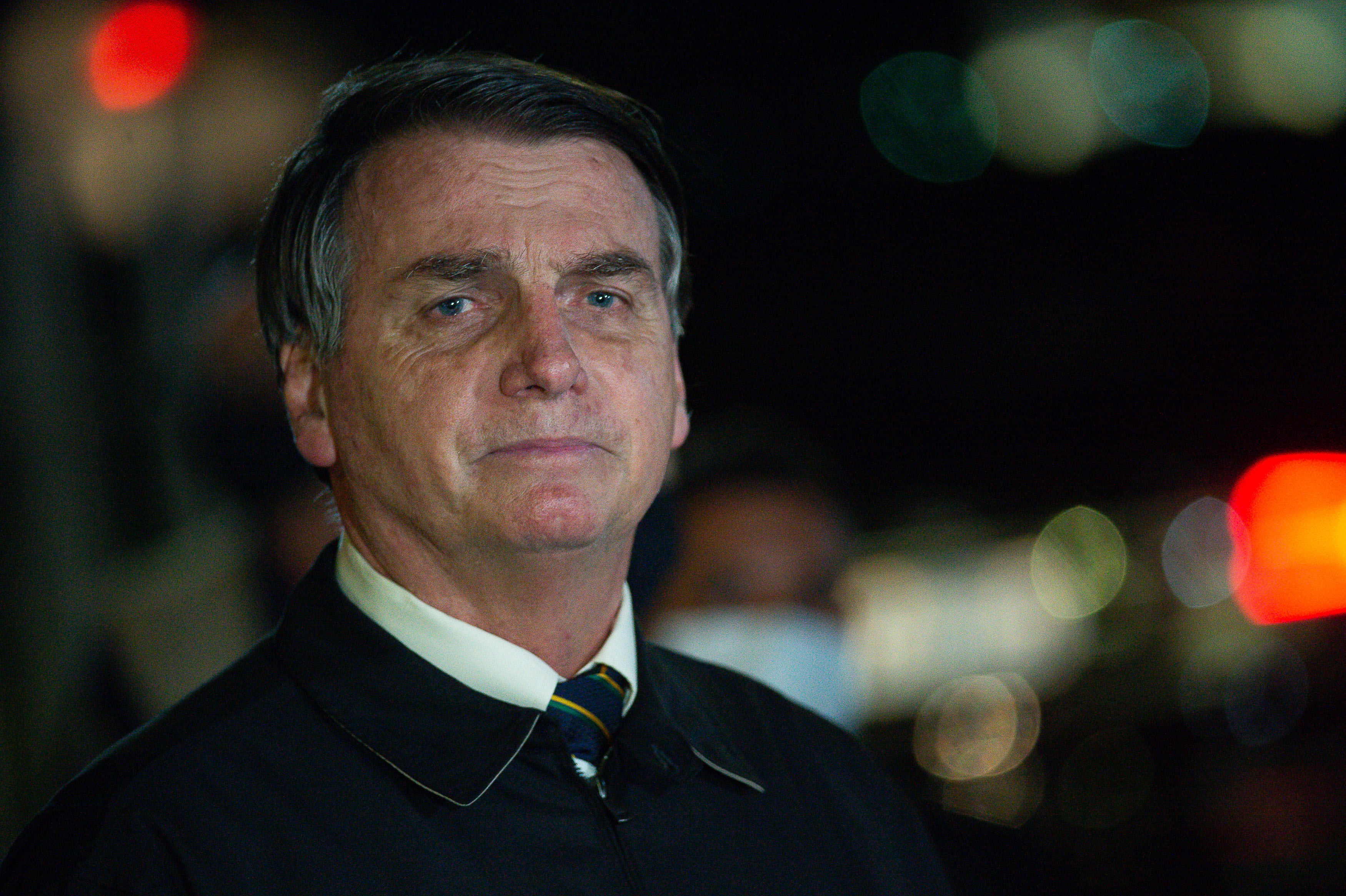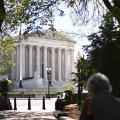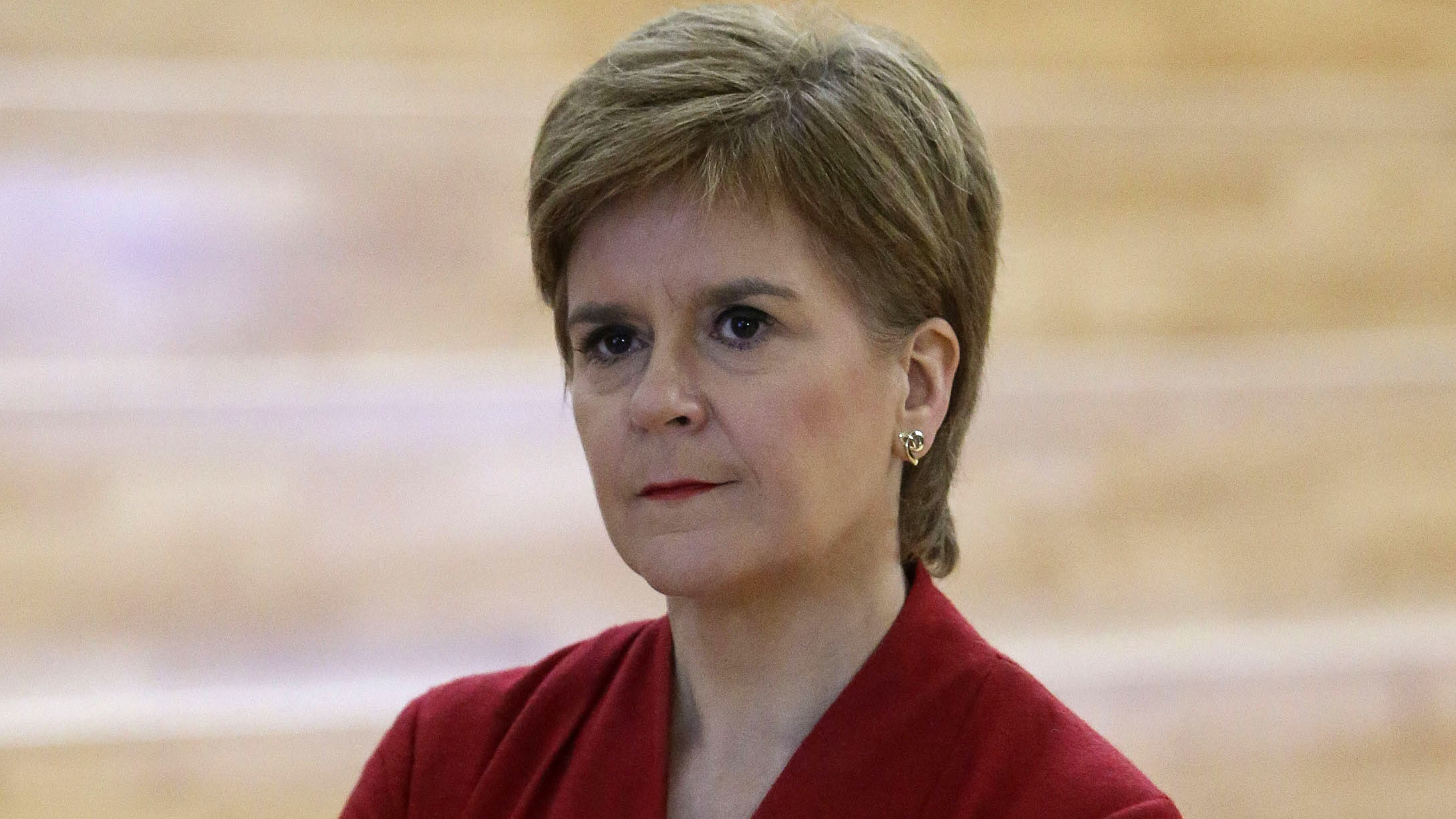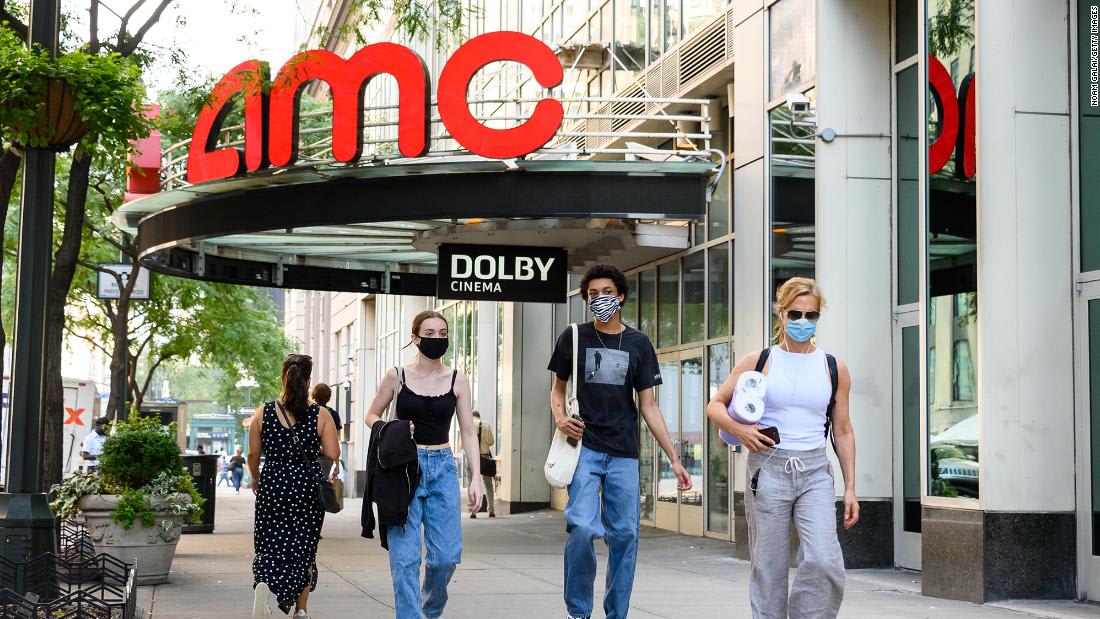
The Brazilian Congress has decided that the use of masks is mandatory in closed places like commercial establishments, many workplaces, religious temples and schools. In a joint session of both houses — Senate and Deputies Chamber — the legislature overturned President Jair Bolsonaro's veto on such requirements.
In votes on Wednesday, senators and deputies also upheld the right of mayors and governors to fine those who disobeyed the requirement.
The Congress also overturned Bolsonaro's vetoes of a law that sets out the federal government's duties to protect indigenous people during the pandemic. The legislators upheld aspects of the law assuring universal access to drinkable water, emergency access to beds in hospitals, the acquisition of ventilators and the delivery of free food to indigenous people and communities of slaves' descendants.
On her Twitter account, Joenia Wapichana — the first indigenous woman to occupy a federal deputy seat in Brazil — celebrated the Congress' action.
"With the Federal Law number 14.021 restored, the Government of Jair Bolsonaro is OBLIGED, by law and by the decision of the STF [Federal Supreme Court], to give due urgent and emergency attention to prevent a new genocide in indigenous peoples, due to the pandemic".
Wapichana was referring to the Supreme Court's decision which required the federal government to implement safety measures to contain the spread of the coronavirus.








